It wasn’t wealth, but it wasn’t struggle—it was something oddly golden in between.
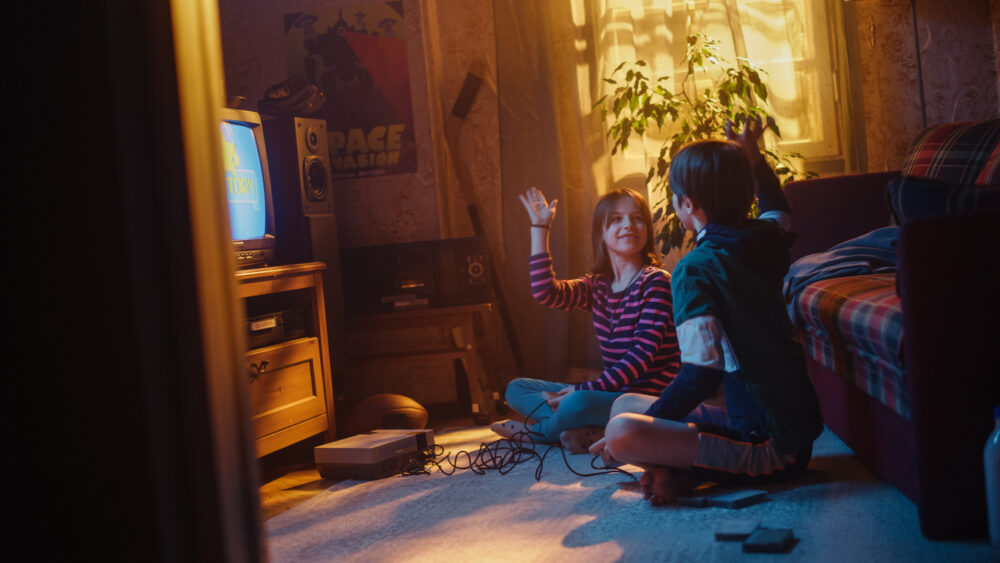
Growing up middle-class in the 90s didn’t mean luxury, but it did mean a strange kind of abundance. There were just enough new things to feel modern, but not so many that we weren’t constantly fixing, reusing, or improvising. We weren’t spoiled, but we were never quite deprived either.
It was a tightrope between comfort and caution. Our parents had stable jobs, our bikes were secondhand, and our weekends were filled with VHS marathons and neighborhood games. It felt normal then—but rare now.
1. You had one computer for the whole house.
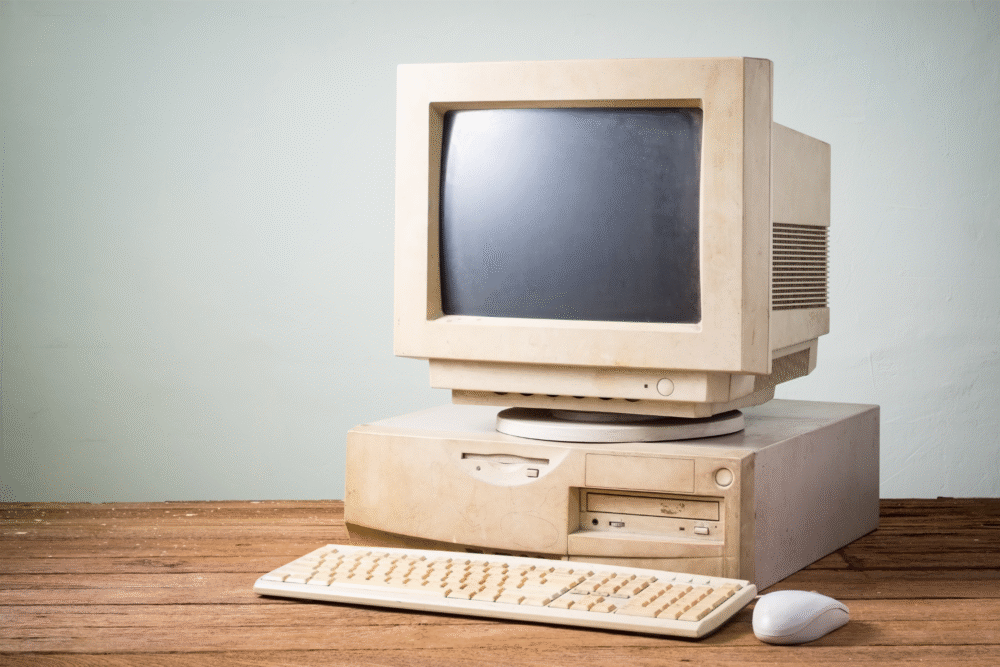
The family computer was a shared artifact, not a personal device. It sat in a weird corner of the house, often the dining room or a converted hallway, with wires everywhere and a desk chair that squeaked. You’d wait your turn to use it—usually for homework, Neopets, or early AOL chat rooms. Parents hovered nearby, half-curious, half-suspicious, and there was no such thing as privacy. Everyone knew your screen name. If you had a printer, it screeched like it was dying. And God help you if someone picked up the landline while you were online. Total chaos.
2. Vacations meant road trips, not flights.
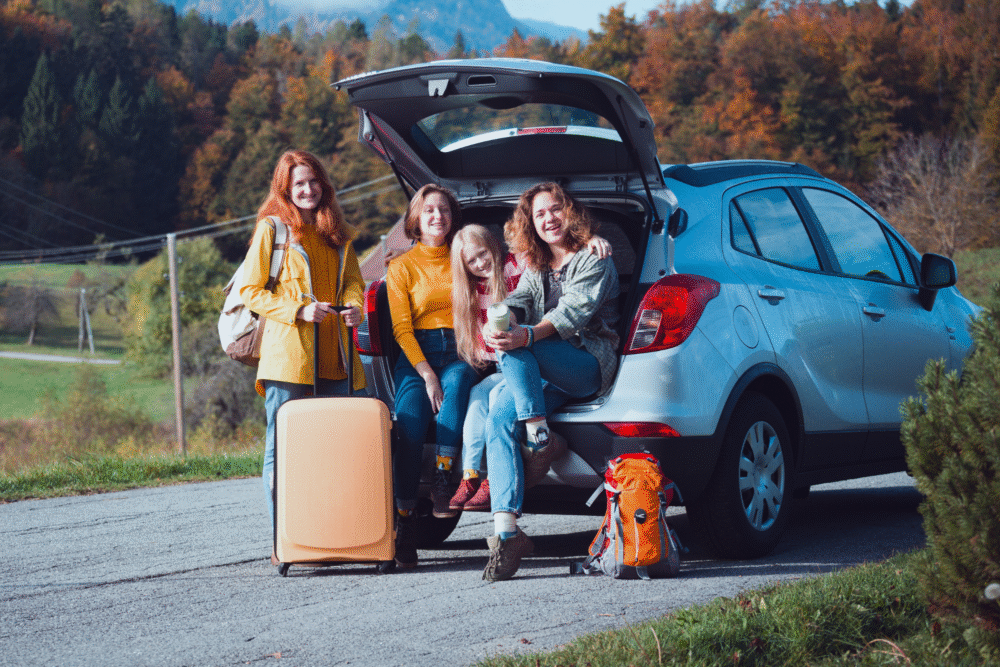
Flying was something rich people did. Your family loaded into a minivan with pre-packed sandwiches, motel reservations scribbled in a notebook, and a cooler full of string cheese and Capri Suns. You saw America through bug-smeared windshields and rest stop bathrooms. Destinations included places like Colonial Williamsburg or the Grand Canyon—not exotic, but grand in their own rite. There were no passports, no checked luggage, and no airport lounges. Just cassette tapes, sibling fights in the back seat, and a deep appreciation for gas station snacks. The journey wasn’t glamorous—but it burned into memory.
3. You recorded songs off the radio with a cassette.

You wanted a mixtape? You made it yourself—by waiting patiently for your favorite song to play on the radio. You’d sit next to the boombox with your finger on the record button, praying the DJ wouldn’t talk over the intro. Sometimes you’d miss the first few seconds. Sometimes you caught a commercial. It didn’t matter. These tapes were gold. You labeled them with gel pens and terrible handwriting, full of songs you couldn’t even pronounce. Streaming didn’t exist. You earned your playlist with hours of static and patience, and somehow, it felt sacred.
4. Hand-me-downs were normal—even if you hated them.

Most of your wardrobe came from an older sibling, cousin, or family friend. You didn’t get to choose it—you inherited it. Oversized T-shirts, faded jeans, mystery stains. Occasionally, you’d score something actually cool. Mostly, it was just acceptable. If it still fit, you wore it. New clothes were for school shopping season and birthdays. Sometimes you even grew attached to weird, ill-fitting pieces because they reminded you of someone. Fashion was a weird mix of compromise and pride. No one talked about sustainability, but hand-me-downs did their quiet part long before it became trendy.
5. Dinner was at the table—and nobody had a phone.
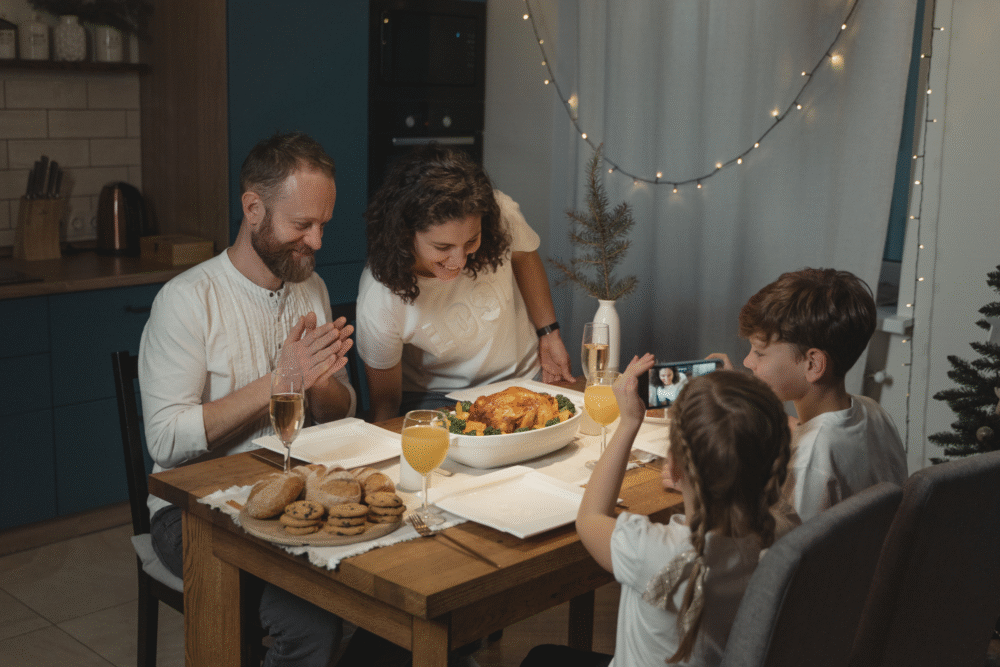
You ate together, not because it was romantic or idealized, but because that’s just what families did. Phones weren’t a distraction because there weren’t any to distract you. Maybe the TV was on in the background, maybe not. But people talked—about school, the news, or weird stories about your dad’s coworkers. The food was basic: spaghetti, Hamburger Helper, tuna casserole. And you ate all of it, even if it was soggy or bland. No one asked for substitutions or special diets. You just scraped your plate and helped with dishes. That was the routine, and it stuck.
6. Saturdays meant cartoons and nothing else.
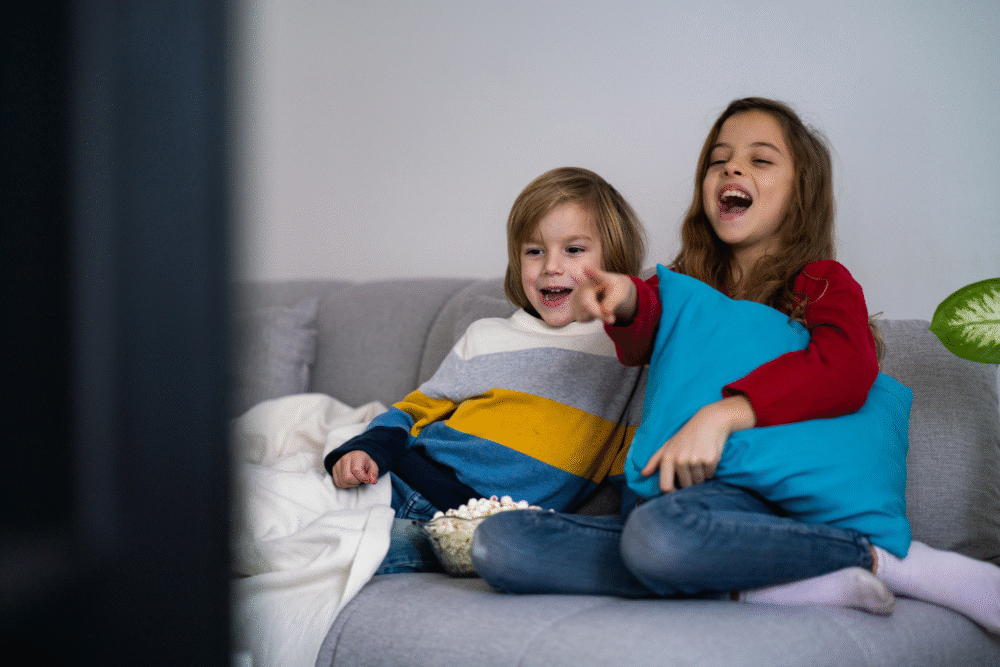
There was no streaming, no on-demand, no “pause” button. If you wanted cartoons, you woke up early and turned on the TV before anyone else got to it. You watched them in your pajamas, sometimes wrapped in a blanket, with a bowl of cereal dangerously overfilled. The shows were weird, colorful, and borderline chaotic. And once noon hit, they were gone—replaced by news or infomercials. You didn’t rewatch episodes or queue up favorites. What aired was what you got. It gave Saturday mornings this frantic, sugary magic that’s never really been replicated.
7. You played outside until the streetlights came on.

Every parent had the same rule: be back by dark. So you wandered the neighborhood with a bike or scooter, knocked on friends’ doors, and made games up as you went. You scraped your knees on sidewalks and drank hose water like it was holy. No one tracked your location. You didn’t text when plans changed—you just showed up. Summers stretched long and aimless, punctuated by bug bites and popsicles. There was freedom, boredom, and danger in just the right doses. Childhood wasn’t bubble-wrapped—it was dusty, unsupervised, and full of grit.
8. Birthday parties happened at roller rinks or bowling alleys.
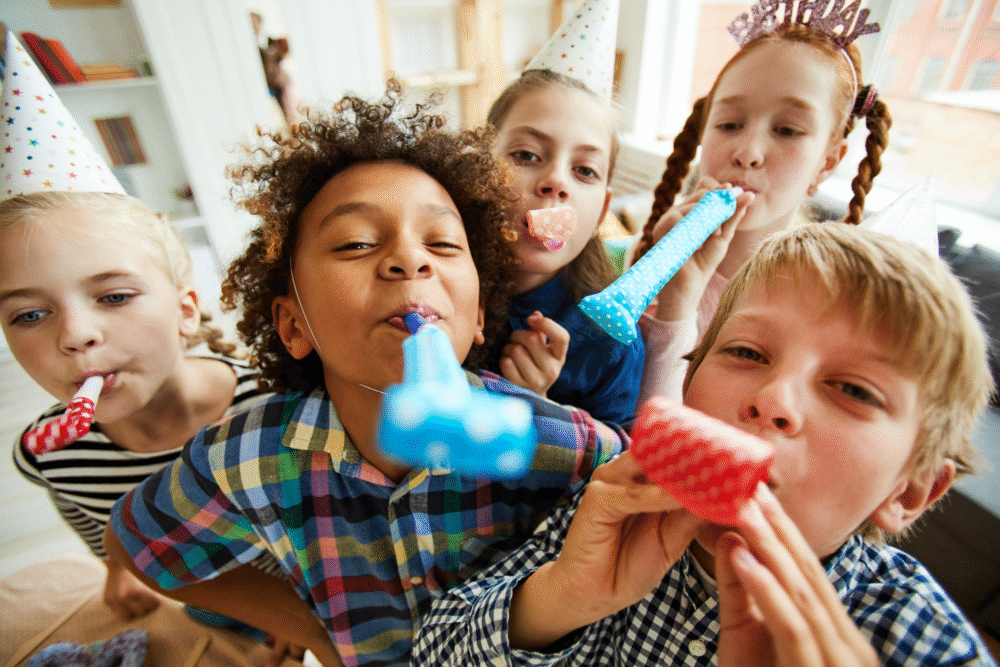
You didn’t need a Pinterest board or an event planner. A party meant an afternoon in rented skates or bowling shoes, a stack of cheese pizzas, and a sheet cake with plastic figurines on top. There were goodie bags—always filled with stale gum, slap bracelets, and stickers that didn’t stick. Sometimes there was a magician. Sometimes it was just your cousin in a Ninja Turtle costume. And yet, those parties felt huge. They weren’t about being perfect—they were about being loud, sticky, and surrounded by friends. You went home with frosting on your face and a balloon tied to your wrist.
9. Toys came with commercials—and anticipation.
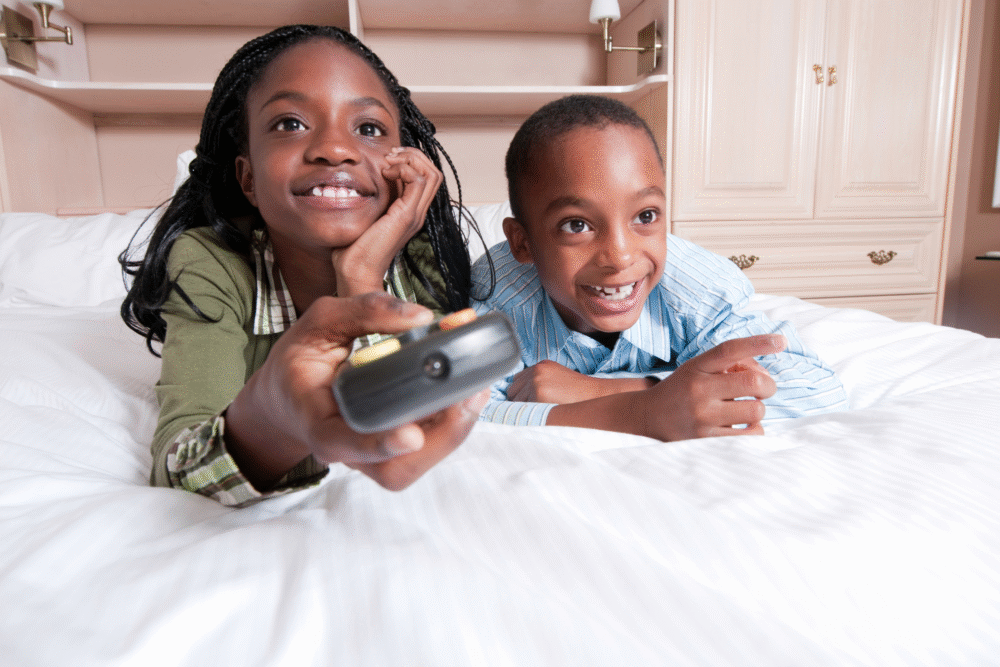
You saw it during Saturday cartoons—a commercial that made a toy look like it could change your life. You’d beg for it, circle it in catalogs, and wait months to maybe unwrap it at Christmas. Half the time, it didn’t work like the commercial promised. But the buildup was everything. The idea of wanting something for that long, of holding onto excitement through weeks of waiting, made even cheap toys feel magical. Now, kids get stuff instantly. Back then, you earned joy through longing—and honestly, it hit way harder.
10. School supplies were an entire personality.

You chose your Trapper Keeper like it was a sacred artifact. Your pencil case said more about you than your actual handwriting. The right folders, erasers shaped like animals, glittery gel pens—they weren’t just tools. They were statements. You compared them with friends, traded them like currency, and guarded your Lisa Frank stickers with your life. Back-to-school shopping felt like its own holiday, full of promise and a little anxiety. These weren’t just supplies—they were your chance to express something, even in a world where everything else felt decided for you.
